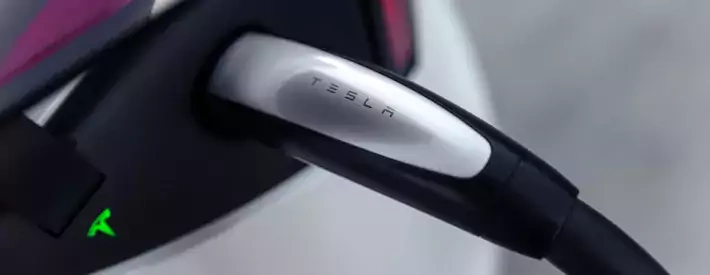Supporting the future of EV repairs in the independent sector

The burgeoning EV market is on the cusp of a new era, promising a cleaner and more sustainable future. However, as the traditional garages navigate through the transition, there’s a subtle undertow of market monopolisation and limited repair choices looming, especially for owners of older EV models. This scenario casts a long shadow over the principles of a fair and competitive aftermarket, fundamental for consumer rights and market robustness.
Historically, the aftermarket has thrived on a pluralistic setup. Vehicle owners have always had the luxury to choose between franchised dealerships and independent garages for repair and maintenance. Yet, the dawn of EV technology has gradually erected a dichotomy. The nuanced technical demands of EVs require a fresh range of skills and knowledge. While franchised sectors, buoyed by deeper financial pockets and direct manufacturer links, have swiftly embraced this change, independent garages find themselves on a precarious ledge. The government’s announcement regarding 2030 can widen this chasm.
With an uptick in the average age of vehicles, the immediate focus of independent garages has inevitably veered towards meeting the existing demand for internal combustion engine (ICE) vehicle maintenance and repair. The complex modern ICE vehicles necessitate significant investment in skills upgrading, leaving sparse resources for concurrent upskilling in EV technology.
Franchised dealers, however, are advancing, marking notable strides in EV repair and maintenance. Driven by a mix of manufacturer support and a vision of an EV-dominated future, they’re accelerating ahead. Yet, this fast-tracked progress seemingly overlooks a critical facet — the repair and maintenance of older EV models.
The reluctance among independent garages to invest in EV training is palpable. The returns on such an investment seem hazy with confusing statements issued from No 10, especially if the influx of EVs is foreseen as a slow, stretched-out trickle over the years. However, this hesitation could potentially morph into a worrying reality where older EVs are left with diminishing repair options.
A monopolised repair market for older EVs not only contravenes the ethos of a competitive market but also rings alarm bells for the future. Should independent garages continue to lag in EV expertise, the entire EV repair market may soon morph into a limited and less diverse resource for motorists. This scenario spells higher repair costs, extended wait times, and a lack of choice for consumers, the very antithesis of a consumer-friendly thriving aftermarket.
Moreover, the ripple effects of a competitive EV repair market extend beyond consumer rights. It's an anchoring point for broader EV adoption. The hesitation among consumers to switch to electric could be assuaged by the assurance of a robust, competitive, and fair repair market. Conversely, a monopolised market could deter potential EV adopters, stymying the collective march towards cleaner mobility.
Given this backdrop, industry-wide upskilling for EVs is not merely a requirement but a pressing imperative. This calls for a unified effort from industry stakeholders, policy-makers, and educational institutions. In this regard, the Institute of the Motor Industry is rallying for support from the DWP to bolster our Small and Medium Enterprises (SME) and micro-business community. Subsidies, training programs tailored for independent garages, and a broader dissemination of EV technical knowledge could be instrumental in bridging the prevailing skills gap.
As the automotive aftermarket stands at a defining crossroads, the path it opts for will echo through the markets, shaping consumer choices and the rate at which society pivots to sustainable mobility. Ensuring a fair and competitive EV repair market transcends addressing the immediate needs—it’s about steering the automotive ecosystem towards an inclusive and consumer-friendly horizon.
Hayley Pells is Policy and Public Affairs Lead at the Institute of the Motor Industry




